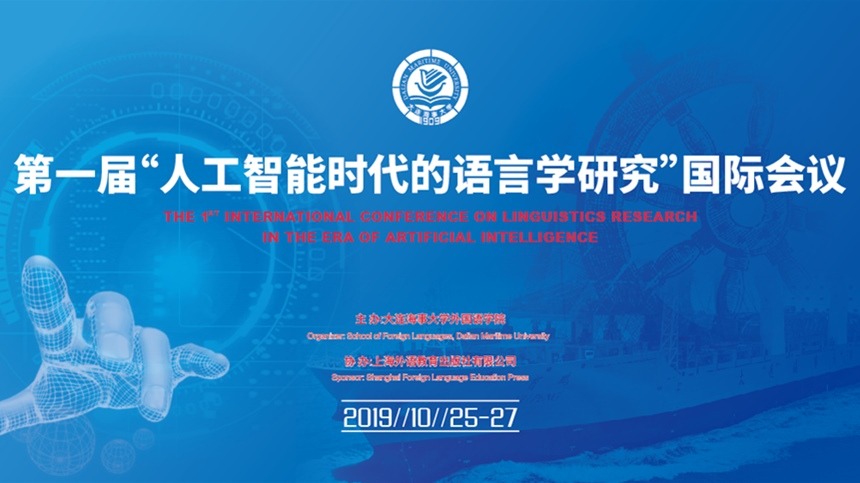Adverse Aspects of the Digitisation of Discourse-Wolfgang Teubert
人工智能时代口译技术应用研究
王华树 | 国内首部聚焦口译技术应用和教学的著作
新书推荐
口笔译教育与评价国际论坛 二号公告
在厦门大学百年校庆之际,邀您齐聚厦门、共襄盛举
论坛推荐

Adverse Aspects of the Digitisation of Discourse-Wolfgang Teubert
第一届“人工智能时代的语言学研究”国际会议
观看大会全程直播
Wolfgang Teubert
Dr. Wolfgang Teubert was, until 2000, a senior research fellow at the Institutfür Deutsche Sprache (IDS), Mannheim, Germany. As Head of the Multilingual Research Unit, he was in charge, as the German partner, of important European projects including NERC, PAROLE, SIMPLE, and ELAN. He was the co-ordinator of the Concerted Action TELRI (1995 to 2002), an infrastructure projects involving 40 corpus research centres all over Europe. In 2000, he was appointed to the Chair of Corpus Linguistics, Department of English at the University of Birmingham. The focus of his research is the extraction of linguistic knowledge from real language data, particularly in multilingual environments with the emphasis on semantics. His other interest is the application of the methodology of corpus linguistics to critical discourse analysis. He is also the editor of the International Journal of Corpus Linguistics.
Adverse Aspects of the Digitisation of Discourse
Abstract
It is essentially language that gives us human beings our special position among living beings. Language allows us to escape the loneliness of our thinking and to form a community with other people. With them, we can share our knowledge, preferences and fears; with them, we can collectively construct our reality as we like it by exchanging and discussing our views, thus changing it in such a way that it better conforms to our aspirations. In order to do so, we must be free to speak with each other as we please, without being bound by rules others have enacted with the intention to curtail our voice. Those at the top always had the advantage to grow up in an environment where they learnt the pleasure of taking part in such disputes. They were privileged to develop their creative intelligence from early on. Most others didn’t have this opportunity. The question is whether the current transformation of our society, caused by digitisation, will allow us to reclaim our voice. My rather pessimistic answer is that digitisation, often welcomed as a solution to a multitude of problems, may have an adverse effect on our creativity. It has the very realistic potential of dumbing us down, of turning us all into obedient robots. If I am right, what can we possibly do to counter the danger of the increasing digitization of our language?
《语言学研究2019》专题栏目
相关推荐
★★★★★ 5/5






